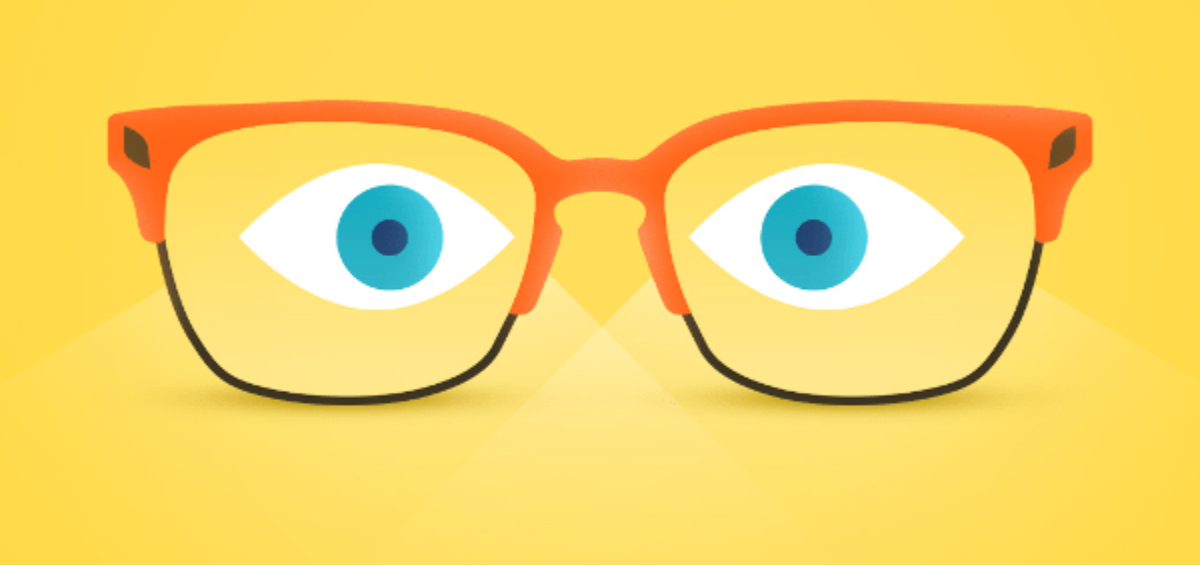
By now, you’ve probably heard there are different learning types: audio, spatial, tactile, etc. I’m mostly a visual learner, so that is the style I will be focusing on, giving tips and advice on how to use this to your advantage (not that there are disadvantages to any of the other learning styles). For me, it’s been a lot of trial and error and learning things from others, so hopefully I can help someone with this information the way I have been helped.
One of the most helpful things I ever learned to do is to use color, specifically in your notes. Either taking notes with colored pens (don’t use pencil, it’s too faint) or copying the notes into color is a massive help. Using multiple colors, and color coding, makes an even bigger difference. I use erasable colored pens, my favorite being Pilot Faxon pens, which you can find pretty affordably on amazon, and you can get refills to reduce waste.
Another thing you can do is use multiple colors of highlighters instead of just the usual yellow or pink. In the past, when picking essay topics, I used colored highlighters to organize material for potential topics. There are even erasable ones available, and they are also very affordable.
Utilize graphs and charts. Either in your textbooks, or if those are unhelpful (which I have found they usually are), find some online that are more understandable and clear. Make your own if it comes down to it. I found it extremely helpful to make colored columns of animals by phylum when I was taking marine biology, and added an indicating symbol, like a star or a triangle, at the top of each column.
For history, finding timelines, especially ones with pictures, is an incredible resource for visual learners. Even if you don’t need to memorize exact dates, knowing the sequence of events will be beneficial in not mixing up two treaties or wars.
The best thing to know is what works for you. Experiment with different things, and combine and keep what is effective and cut out what isn’t. No one knows how you learn better than you do, and figuring out how to use it to maximize your learning will be a benefit not just in your academic career, but in your professional one as well.
